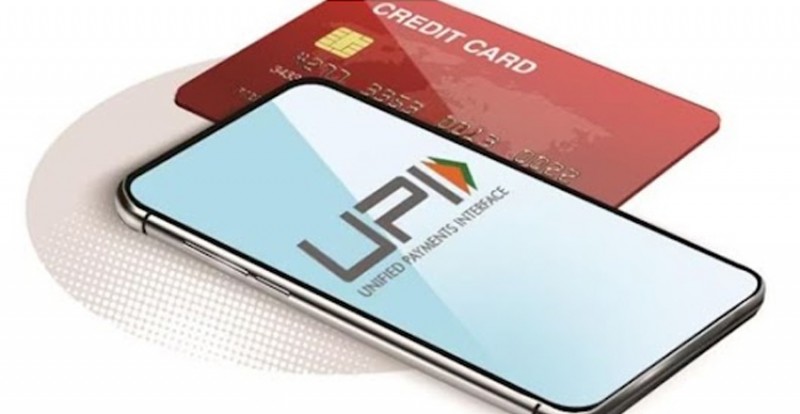
New Delhi: The Indian government is promoting the Unified Payments Interface (UPI) as a global payment system, and it’s gaining traction in the United Arab Emirates (UAE). Merchants across the UAE have started accepting payments in Rupees through UPI to cater to the growing number of Indian customers.
One of the leading retailers in the UAE, Lulu, now offers its customers the option to pay via UPI at all its stores. This development allows Indian citizens and Non-Resident Indians (NRIs) in the UAE to make payments just as they would in India. The payment amount is directly deducted from their bank account in India, making shopping in the UAE more convenient for Indians.
The rollout of UPI payments in the UAE began in early July. In addition to Lulu, a wide range of large and small merchants across the country are now accepting UPI payments, enhancing the shopping experience for Indian customers. Payments can be made through QR codes using Point of Sale (POS) machines, making transactions seamless.
According to the National Payments Corporation of India (NPCI), an estimated 9.8 million Indian travelers are expected to visit the Gulf Cooperation Council (GCC) countries in 2024, with approximately 5.3 million visiting the UAE alone. This highlights the growing importance of UPI as a payment option in the region.
The Government of India, the Reserve Bank of India (RBI), and NPCI International are actively collaborating to expand UPI’s presence globally. UPI is now officially accepted in several countries, including Nepal, Sri Lanka, Mauritius, UAE, Singapore, France, and Bhutan.
The growth of UPI transactions has been remarkable. In July, UPI-based transactions surged by 35% year-on-year, reaching a total of Rs.20.64 lakh crore, up from Rs.20.07 lakh crore. Additionally, the total number of UPI transactions increased by almost 4% from June to July, with 14.44 billion transactions recorded in July, compared to 13.89 billion the previous month. The daily average transaction volume stood at 466 million in July.
As UPI continues its global expansion, it is becoming an essential payment option for Indian citizens traveling and living abroad.
UPI payers should know this important thing now otherwise there may be a huge loss
RBI Increases UPI Tax Payment Limit to Rs. 5 Lakh: A Boost for Digital Transactions
UPI Transactions Surge 36% in First Quarter of Fiscal Year, Reaching Rs 60 Lakh Cr